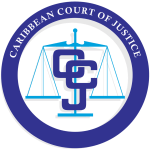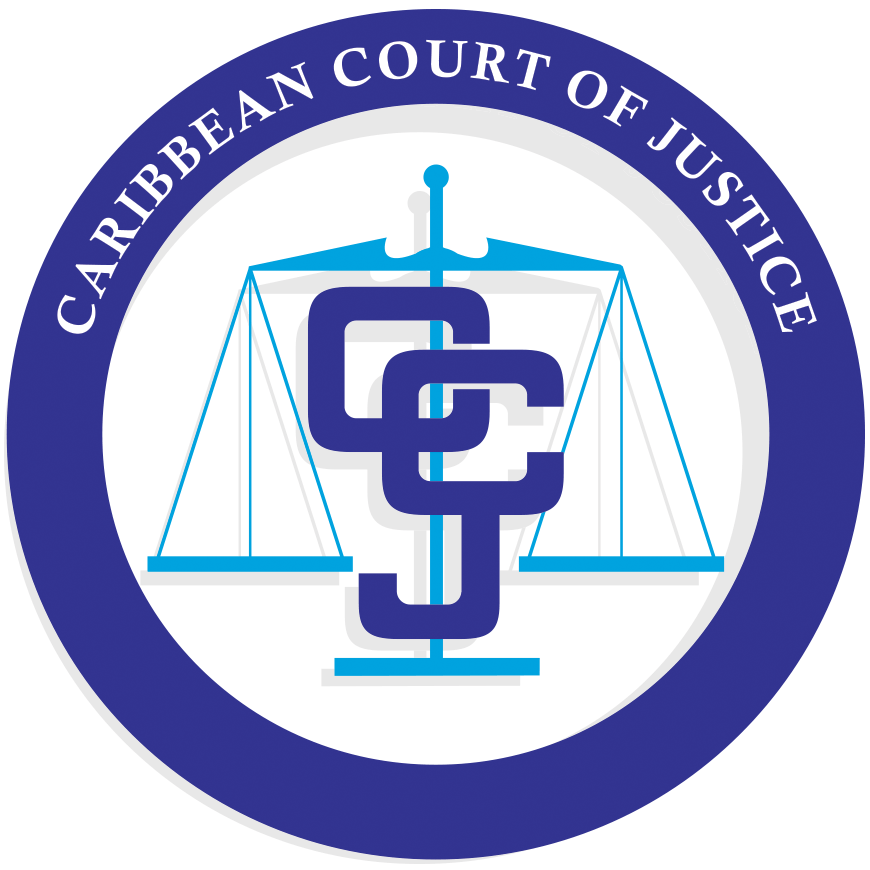The Model Guidelines for Sexual Offences Cases in the Caribbean Region could improve the treatment of survivors of sexual offences in terms of time for completion of the case, sensitivity to the plight of survivors, lack of support systems, disregard for the safety of complainants when granting bail and victims being traumatised by defence lawyers during trials.
This was the view of Ms. Marian Taylor, Management Member of the Rape Crisis Society of Trinidad and Tobago. She was at the time speaking at the launch of the Model Guidelines for Sexual Offences Cases in the Caribbean Region at the Hyatt Regency Trinidad. The launch was held on March 5, 2018 by the Judicial Reform and Institutional Strengthening (JURIST) Project in collaboration with the judiciary of Trinidad and Tobago.
Taylor spoke about the experiences of survivors of rape and their clients who engage with the justice system, with emphasis on their interaction with police, medical professionals and the court. She said some female survivors have shared that they perceived male police officers to be quite insensitive to their plight during interviews.
“Survivors need closure, which should be done in a timely manner to help them recover from traumatic experiences and develop trust in the justice system,” Taylor said.
Examining how the Model Guidelines for Sexual Offence Cases in the Caribbean could improve the lives of survivors, Taylor said it was tailored for the police and court systems in TT, which could result in swift justice and also protect survivors from re-victimisation. She said one of the features of the Guidelines was that it prevented defence attorneys from delving into the previous sexual history of a survivor in the court.
The Honourable Mme. Justice Maureen Rajnauth-Lee, CCJ Judge and Chairman, Sexual Offences Advisory Committee explained that the problems faced by the justice system in its management of sexual offences and the treatment of complainants are multi-faceted and therefore require a multi-sectoral solution.
The CCJ judge noted that the Guidelines contained the input of over 200 stakeholders and entailed over 15 months of intensive work. She added that the document was “robust, comprehensive and most applicable to current realities of the adjudication of sexual offence cases in the Caribbean. In its effective application, it provides for the best evidence to be obtained in sexual offence cases while minimising any attendant trauma on complainants and witnesses as a result of their participation in the adjudication process.”
Her Excellency Carla Hogan Rufelds, High Commissioner of Canada to Trinidad and Tobago in endorsing the Guidelines highlighted a 2017 UNDP/UN Women’s Study which found that even though the CARICOM region had made progress in promoting gender equality, sexual violence perpetrated against women, girls and boys remains a significant problem.
She further explained that according to an earlier 2007 World Bank Report, the Caribbean had three of the top 10 countries with the highest incidence of rapes. The report also revealed that in nine Caribbean countries, 48 per cent of adolescent girls’ first sexual encounter was either “forced” or “somewhat forced.”
Hogan Rufelds said these and other reports demonstrated that the region experiences high levels of sexual violence, the majority of which is under-reported and ineffectively dealt with by the justice system.
She applauded the law in TT which now places strict limits on the ability of defence attorneys to use the sexual history of the complainant to attack the survivors’ credibility.
With the Model Guidelines for Sexual Offence Cases intended to remedy a number of ills, the Canadian High Commissioner said it was to be used as a guide for justice sector stakeholders involved in the reporting, investigation, prosecution and adjudication of sexual offences.






